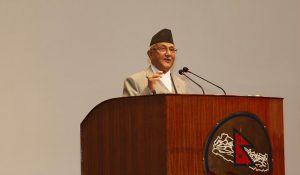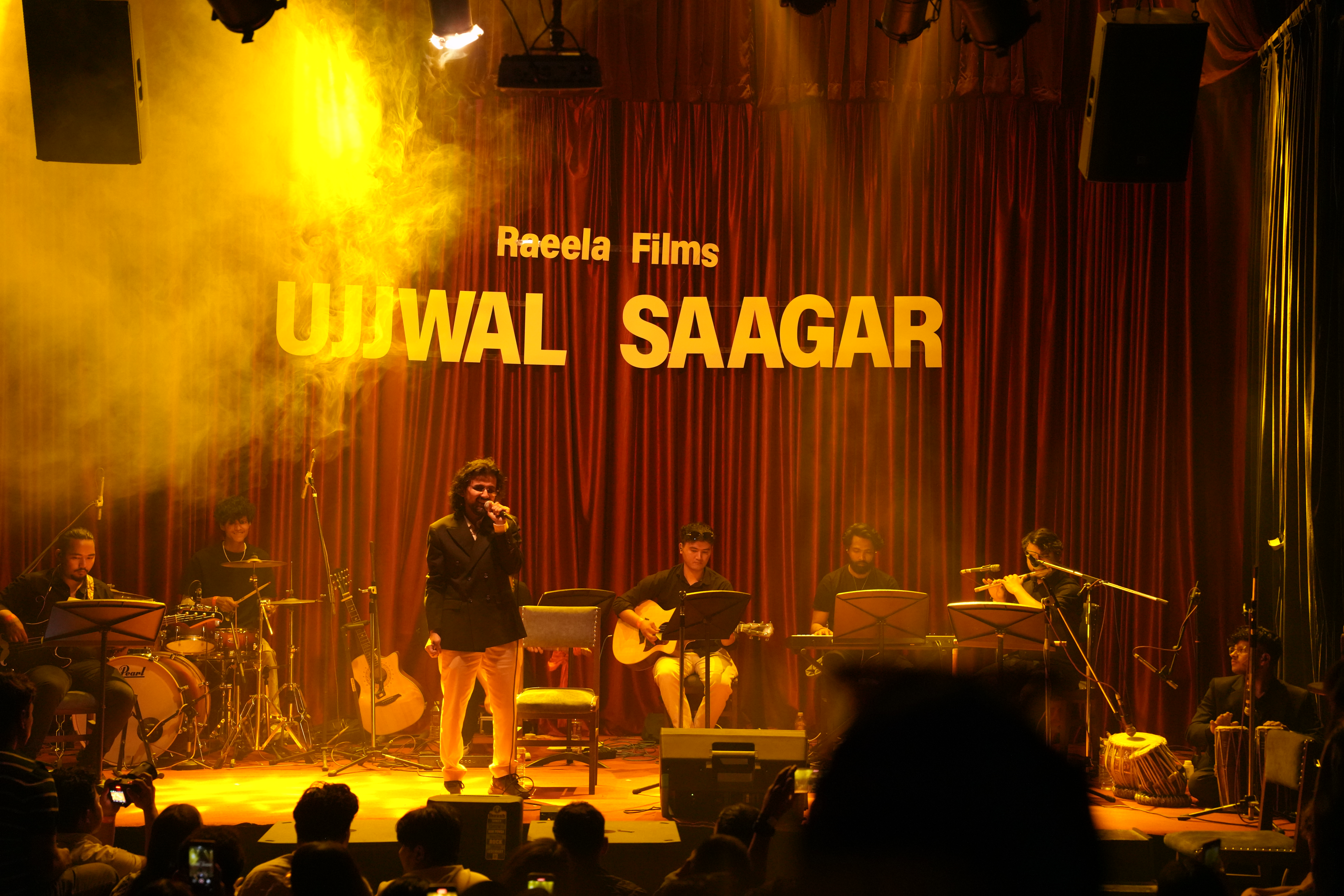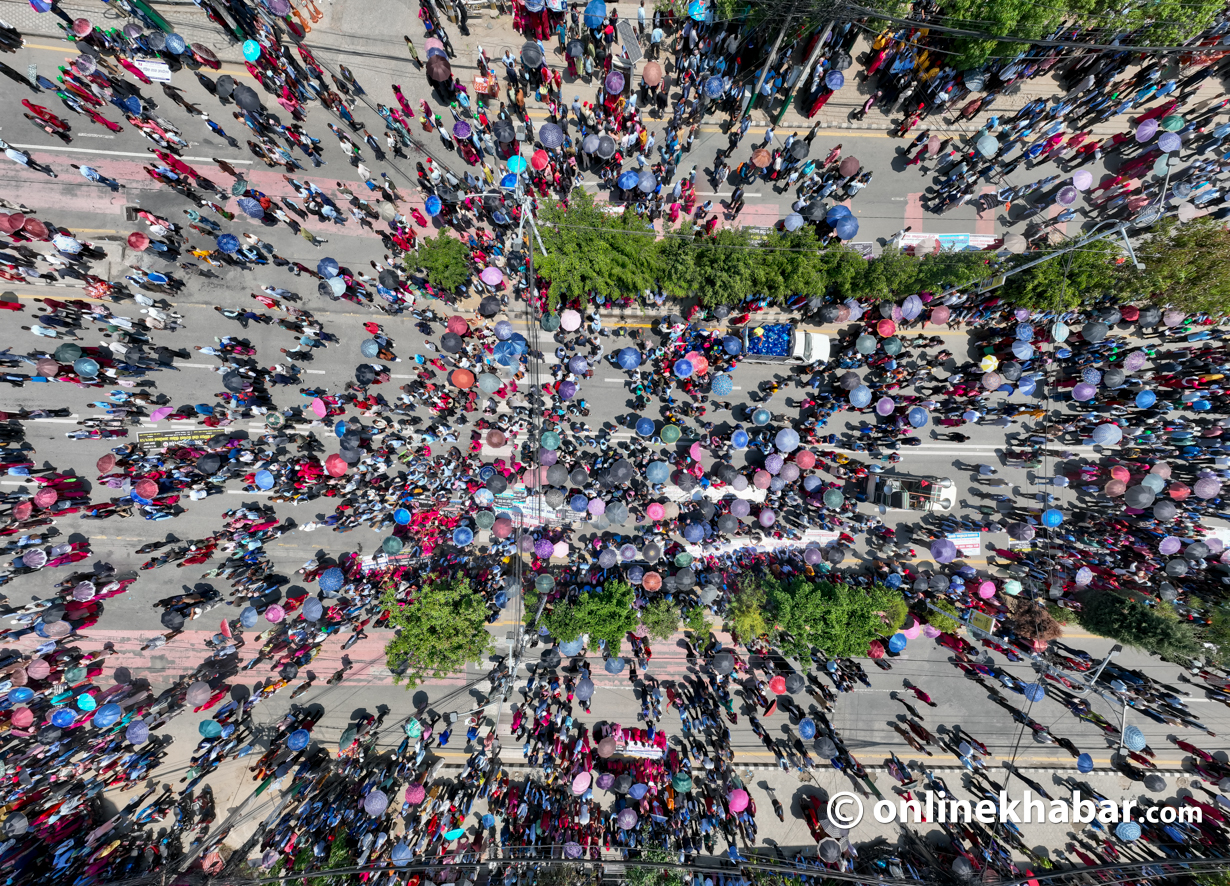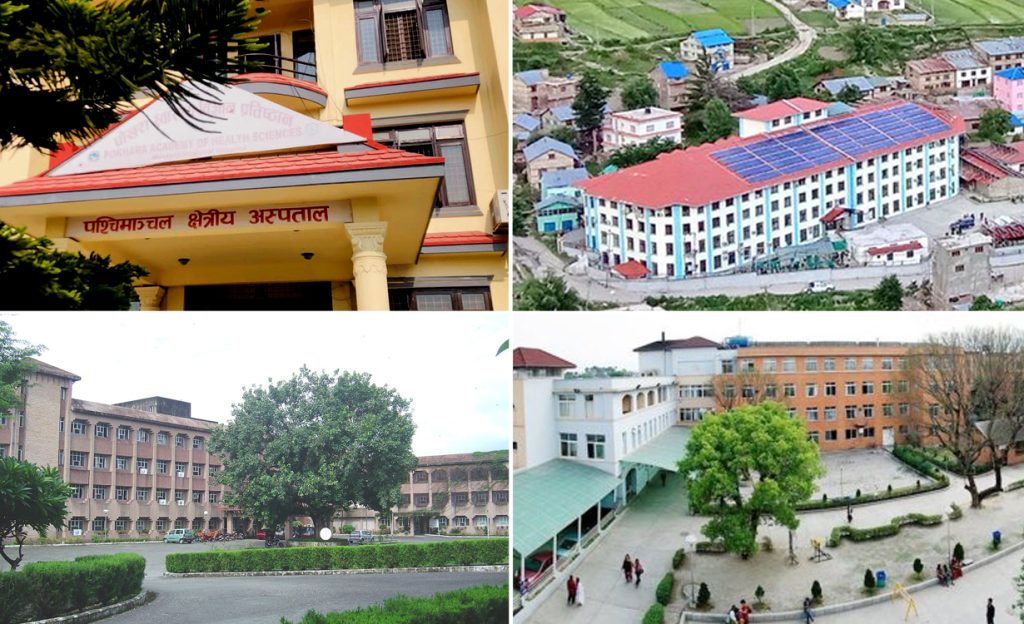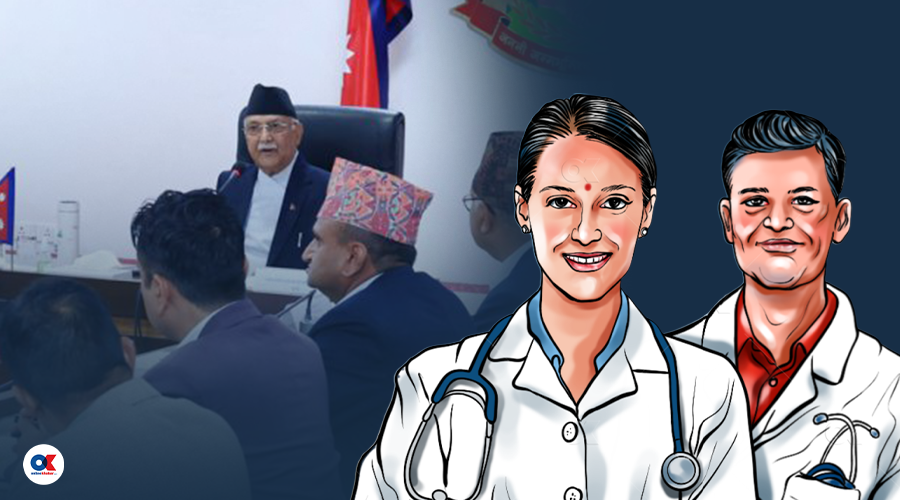 Kathmandu, March 28
Kathmandu, March 28
With the constitution already introduced through a popularly-elected Constituent Assembly, Nepal is on the threshold of change — a change for better Nepali lives — Prime Minister KP Sharma Oli has said.
Prime Minister Oli, addressing a seminar on Envisioning Nepal 2030 in Kathmandu on Monday, said: As the Constitution has heralded a new era of people’s sovereignty, democracy and fundamental rights, political empowerment of the citizens has been secured.
The main task before us is to empower the people through the implementation of the economic and social agenda enshrined in the Constitution, he said, adding: This would be possible through structural transformation of existing economic and social institutions, production relations, and social values.
“We have to accomplish this task with strategic reorientation of our existing development policies, plans and implementation mechanisms,” Oli said, stressing the need to chalk down a long-term development strategy, which will guide our development for the prosperity of Nepali people.
He added: Nepal’s unique geographical location between two most populous and rapidly growing economies of the world, abundant natural resources including water, biodiversity and landscape, growing educated and skilled labour force, widening and deepening connectivity within and across borders, and international cooperation provide us the opportunity to move faster in the path of strong, self-reliant, and prosperous economy.
Time has come now to unleash these potentials through credible domestic economic policies and international cooperation, Oli said, recalling his recent state visits to neighbouring countries, which he said have opened up new avenues for “bilateral and trilateral cooperation for accelerating our development and uplifting the lives of our peoples.”
He said: You will agree with me that Nepal has tremendous economic potential, such as in high value agriculture and agro-industries, hydropower, and tourism. Nepal’s liberal taxation, trade, investment, and foreign exchange regimes provide vast opportunities for foreign investment while the large markets across the border offer huge export potentials for the agro and manufacturing products, Oli noted, adding: The potentials for tourism are even higher with large and growing middle class across the border.
Now is the time to seriously start materialising these untapped potentials with much more vigour and passion, which are now available with conclusion of political transition, he said, mentioning that Nepal aspires to graduate from the status of least developed country as soon as possible. He said this is only possible with expedited economic growth.
For this to happenour annual investment must at least be doubled; we have to build essential infrastructure including transportation, communication, and electricity, Oli said. “Focus must be on addressing the crippling energy crises that hold key to unleash rapid growth of many industries, as well as on connectivity to reach all Nepali villages within the country, and the vast markets of the neighbouring countries.”
A key and urgent agenda before us is not only accelerating economic growth but also making the growth equitable, employment intensive, and sustainable, Oli maintained.
“In this respect, I recall our commitments to achieve by 2030 the Sustainable Development Goals – briefly known as the SDGs. While we would be implementing programmes designed to achieve the SDGs through periodic plans and annual budgets, we expect higher level of global cooperation for financing the development programmes and building national capacities to deliver,” he said, adding: This will definitely require a convincing and credible long-term development strategy based on the SDGs and our collective efforts to mobilise all available resources, including the knowledge resources.
Oli expressed confidence that this conference will definitely provide a platform to share such resources.






